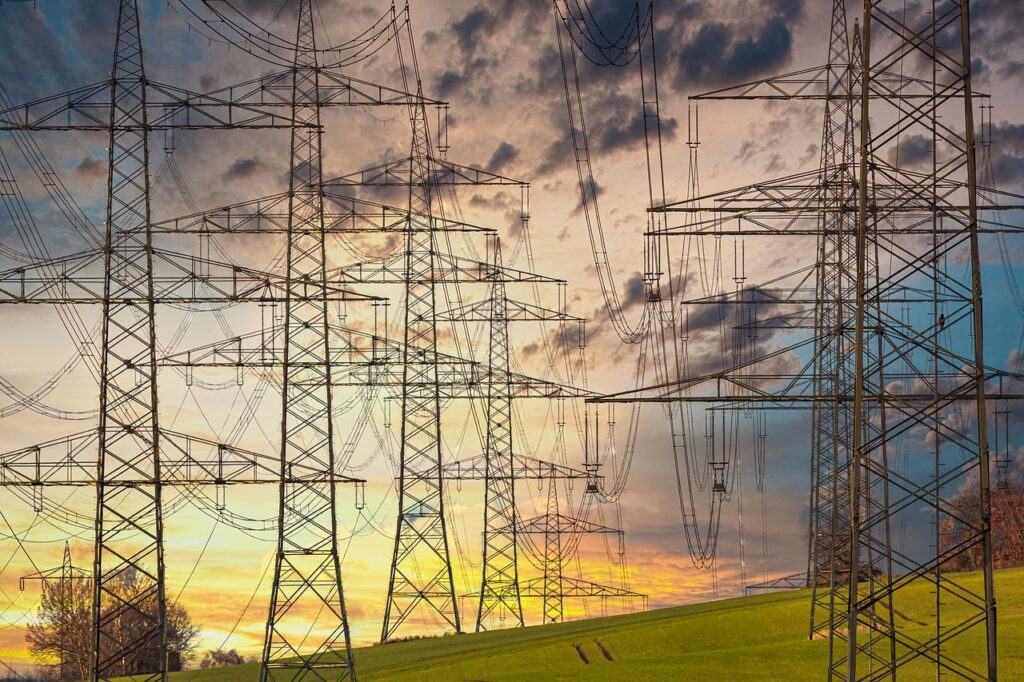Here is a **concise, strong excerpt** suitable for a **website blog preview, homepage teaser, or newsletter intro** (±70–90 words):
—
South Africans are once again being asked to pay more for electricity while receiving less of it. NERSA’s Redetermination of Eskom’s MYPD6 Regulated Asset Base attempts to shift the cost of decades of mismanagement, inefficiency, and regulatory failure onto consumers. In a context of declining demand, chronic load shedding, worsening power quality, and repeated court losses by the regulator, this decision is neither fair nor defensible. This article explains why the MYPD6 RAB Redetermination must be rejected in full—and why consumers should no longer be forced to carry Eskom’s baggage.








